Building and maintaining connections between our colleagues since 1998
The Association of Counselling Psychologists (ACP) is an independent representative body for Counselling Psychologists in Australia. For over 30 years the ACP has been addressing the needs of our members and people in society who turn to Counselling Psychologists. We are open to membership from all Registered Counselling Psychologists and registrars working towards full registration.
- The independent representative body for Counselling Psychologists in Australia
- Addressing the needs of our members and people in society who turn to Counselling Psychologists
- Open to membership from all Counselling Psychologists and trainees working towards full registration
The ACP is based in Western Australia, where we offer regular professional development events that are affordable and meaningful to our specialised group of mental health care practitioners. You can find out more about our recent activities on our news and events page.
What is Counselling Psychology?
Counselling psychologists can be found in a range of settings including private practice, government and non-government organisations, hospitals and educational institutions.
Counselling Psychologists:
- Use their knowledge and understanding of psychology, psychotherapy, and mental health to provide assessment, formulation, diagnosis and treatment of psychological problems and complex mental health disorders.
- Provide assessment, diagnosis and psychotherapy for individuals, couples, families, and groups.
- Use evidence-based therapies to assist clients to resolve mental health disorders or psychological problems and move toward greater psychological health.
- Research, evaluate, and develop new methods for improving psychological health and therapeutic interventions for psychological problems and disorders.
- Have a distinct philosophical stance, recognising the strengths and resources of people at all levels of psychological functioning, working collaboratively with people in a therapeutic relationship to bring about meaningful change.


How can we help you?
The current minimum standard of training for a Counselling Psychologist is 8 years, including accredited post-graduate training through a Masters, Doctorate, or PhD in Counselling Psychology followed by supervised placement in the field. Counselling Psychologists are rigorously assessed for their competency with a particular focus on managing complex and challenging cases in the general community setting. Expertise in both counselling and psychotherapy are the central domain of focus. In addition to providing individual therapy, Counselling Psychologists are also trained to deliver couples therapy, family therapy, and group therapy.
Counselling Psychologists train in the most diverse range of psychotherapy techniques. This includes intensive training in a wide range of evidence-based best practice therapies. They frequently provide eclectic or integrative treatment approaches inclusive of cognitive-behaviour therapy, interpersonal therapy, brief dynamic therapy, and existential psychotherapy. Counselling Psychologists are focused on tailoring their therapeutic approach to meet the unique needs of individual client cases, paying close attention to aligning treatment with the context of a specific case and the personal values and meaning system of the individual receiving care.
Counselling psychologists provide assessment, interventions and treatment to families across the lifespan. They assist people with difficult transitions in relationships that create adjustment issues, such as forming a new relationship, having children, and ageing. They are competent in attachment-based approaches that facilitate understanding of key dynamics and change mechanisms. Treatment is directed towards developing greater satisfaction and wellbeing by improving communication, developing emotional and physical intimacy, resolving conflict and respecting individual differences.
Counselling psychologists address breaches of trust such as trauma, infidelity and violence. They attend to the specific dynamics associated with heterosexual relationships, same-sex relationships, single parenting, and step families. Mental health disorders such as mood disorders, anxiety disorders, personality disorders, and substance abuse, have a significant impact on family and couple interaction. Counselling psychologists recognise and treat complex presentations that injure interpersonal relationships, working with people to facilitate understanding and minimise distress to significant others.
Counselling psychologists also receive specific and intensive training in the delivery of group-based psychotherapies. They are skilled in the design and facilitation of groups for both therapeutic and psycho-educative purposes. Across a range of settings and client populations, Counselling Psychologists develop and apply group interventions tailored to the specific needs of agencies, programs, and individuals seeking support.



